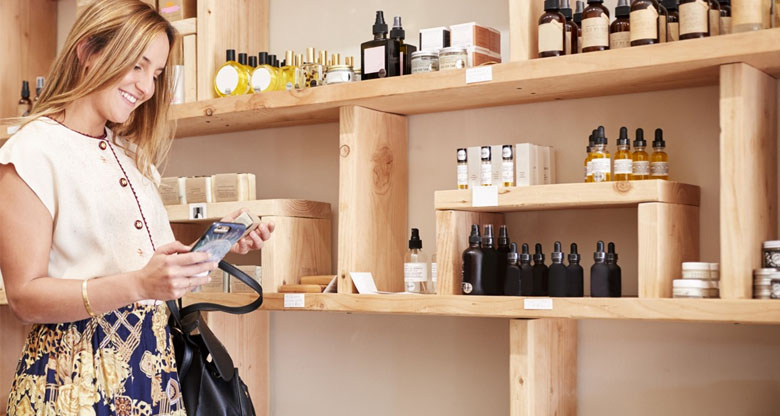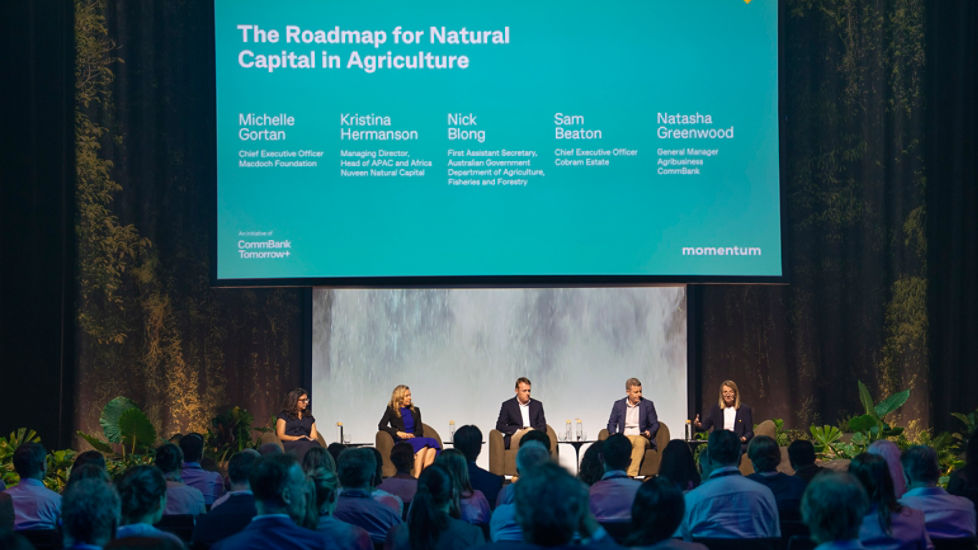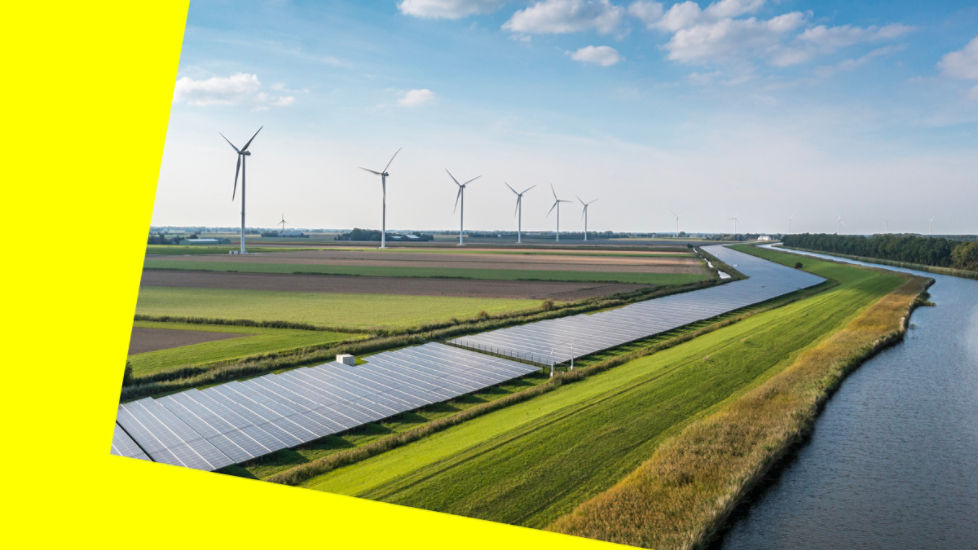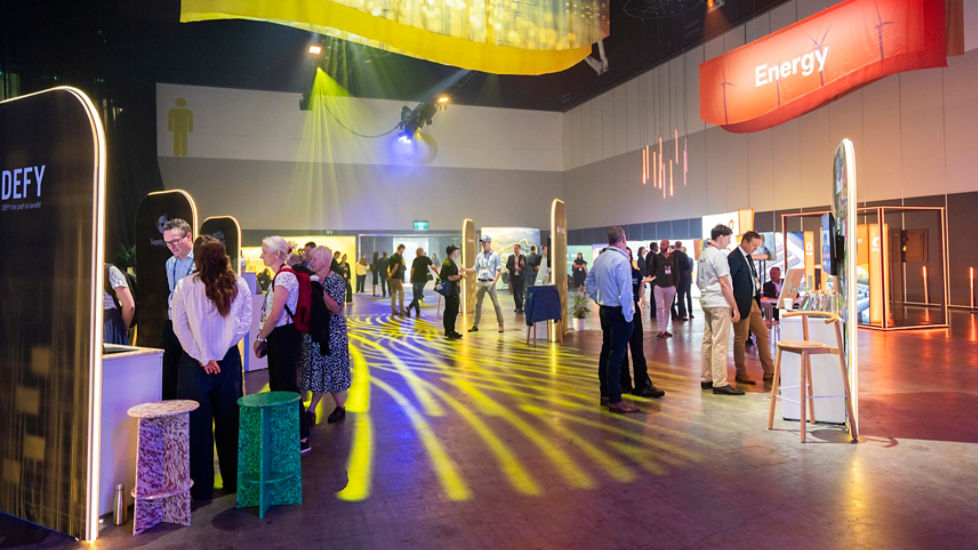Consumers increasingly expect brands to demonstrate their values, preferring to buy goods and services from purpose-led businesses. This was a key finding from a recent CommBank Foresight webinar.
"A business with a social purpose is a company whose enduring reason for being is to create a better world," says Jerry Macey, CommBank's Executive Manager, Consumer & Diversified Industries, Business Bank.
A purpose-led organisation acts as an engine for good, and more businesses are finding unique ways to create purpose and contribute positively to the world around them as consumer demand shifts.
"So much innovation in the past decade has come from businesses doing things differently and finding ways to share that," says Andrew Davies, CEO of B Lab Australia and New Zealand. "That gives cause for optimism at a very uncertain time."
Changing consumer expectations
Covid-19 has caused many Australians to reassess their habits and lifestyles – including the way they shop. The latest edition of CommBank's Consumer Insights report found that one-third of consumers are more conscious about purchasing from purpose-led brands than before the pandemic, with 53% willing to pay more. Younger generations are at the forefront of change – with 77% of Gen Z and 70% of Gen Y engaging with brands' messaging about social purpose.
Macey says: "Younger consumers are more proactively engaged with social commentary on websites. If that's your demographic, you need to think about what's important to your customers."
However, Macey also stresses that it's important for businesses to be authentic and avoid greenwashing, with media literate consumers highly attuned to those whose values are only skin-deep. CommBank's research found that 55% of consumers believe that at least some ‘purpose-led' firms are actually focused on making money, rather than advancing a genuine cause.
"There's quite a lot of cynicism around social purpose," Macey says. "That's why businesses need to communicate their purpose often to customers and communicate it authentically."
Becoming a purpose-led business
While plenty of certifications exist for individual products or services, B Lab has stepped up to create a comprehensive tool for ethical and sustainable businesses. The B Corp certification is a rigorous process to verify that a business meets the highest standards of social and environmental performance, accountability and transparency.
Davies says: "Our vision of B Lab is for an inclusive, equitable and regenerative economic system for all people on the planet – and we start with the proposition that the current economic system is not meeting its enormous promise to create positive impact."
To become B Corp certified, businesses must review their business and governance models to measure and manage their impact across their environmental footprint, local community, and workforce.
"The distinction with B Corp is that it looks at the entire value chain and the structures underpinning a business," Davies says. "We operate on three levels: to change business behaviour through our tools and programs; to change the conversation around the role of business; and to change legal structures to create overall system change."
B Corps must not only achieve a performance benchmark, they're also required to embed a commitment to overall public benefit in their company constitution. They also need to commit to transparency, with high-level results published on a global directory of B Corps.
"What we're trying to do is create alignment between management, boards and shareholders so they are empowered to make positive decisions for the long term," Davies says.
How one business found its purpose
Pablo & Rusty's Coffee Roasters is a carbon neutral, B Corp-certified retailer and wholesaler that aims to make a positive impact on people and the planet. "We help people drink better coffee, not just in the sense of quality and customer service, but also better for the planet and people involved in the supply chain," CEO Abdullah Ramay says.
Pablo & Rusty's wanted to ensure sustainability across all areas of its operation – from eliminating slavery in the supply chain to partnering with farmers practising regenerative agriculture. It is also committed to offsetting its carbon footprint and donating 1% of its revenue to doing good.
Pablo & Rusty's decided to become B Corp certified as part of its ethical journey. "It gives us a yardstick to look at where we can improve when it comes to our employees, our governance, our environment, our community," Ramay says. "It also sends a message to our employees, customers and investors, and gives them confidence that we have external validation."
With research showing that one-fifth of customers are willing to pay up to 10% more for products and services from purpose-led businesses, Ramay believes it is possible to strike the right balance between affordability and value.
"If you have a good product or service with a social purpose that is priced within the 10% band, you can still be in the competitive set of customer choices. And I think that's where you can build great customer relationships and businesses that are impactful," he says.
Ways businesses can become purpose-led
- Pick the right cause. "Focus on something that you, your employees and customers are passionate about – and that your business can impact meaningfully," Davies says.
- Be willing to learn. "Recognise that other businesses might be doing better than you and learn from them," Davies says.
- Create accountability. "Find a mechanism to hold yourself to account to really stick to the path, whether that's a B Corp certification or another way," Davies says.
- Make a long-term commitment. "You need to be in it for the long haul – that was one of the insights from the CommBank report," Ramay says.
- Seek out support. "There are a lot of people who can help," Ramay says. "We're happy to see our peers join because everyone benefits by more businesses being purpose-led."




